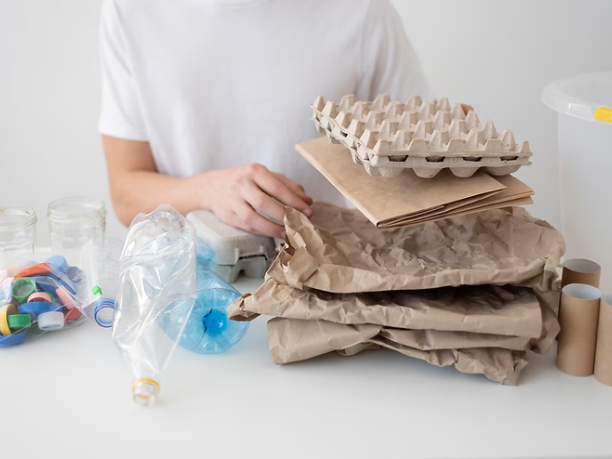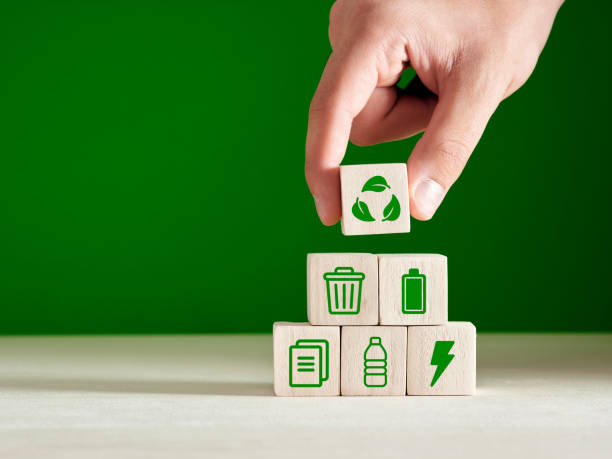In a vibrant and modern city-state like Singapore, sustainability has become more than a buzzword—it’s a necessity. As glass bottles and jars feature prominently in our daily lives, from beverages to food storage, managing their lifecycle responsibly is key to creating a greener future. Recycling glass is not only a responsible action but a powerful tool to combat environmental challenges and promote sustainable living.
Glass is a unique and remarkable material. Unlike many other materials, it can be recycled endlessly without losing its purity or quality. This infinite recyclability makes glass an eco-friendly champion in the fight against waste. When we choose to recycle our glass bottles and jars, we are not just keeping waste out of landfills—we are conserving natural resources, reducing energy usage, and significantly lowering our environmental footprint.
This article dives deep into the world of glass recycling in Singapore, exploring its processes, benefits, and why it matters. By understanding the value of glass recycling, we can collectively move toward a cleaner, greener tomorrow.
Why Glass Recycling is a Game-Changer
Recycling glass offers a plethora of environmental and economic benefits, making it an essential part of Singapore’s sustainability efforts. Let’s take a closer look at the advantages and how recycling glass contributes to a healthier planet.
- Conservation of Natural Resources
Glass production typically requires raw materials like sand, soda ash, and limestone, which are finite resources extracted from nature. By recycling glass, we reduce the demand for these materials, preserving natural landscapes and protecting ecosystems. Every bottle or jar we recycle represents a step toward sustainable resource management and environmental conservation. - Energy Efficiency and Lower Carbon Emissions
Producing new glass from raw materials consumes significantly more energy than recycling existing glass. When glass is recycled, the energy required to melt and reform it is substantially lower, resulting in reduced greenhouse gas emissions. This energy-saving process contributes to mitigating climate change and supports Singapore’s efforts to achieve a low-carbon future. - Endless Recyclability
One of the most extraordinary features of glass is its ability to be recycled indefinitely without losing its structural integrity. Recycled glass, also known as “cullet,” can be transformed into a variety of products, including new bottles, artistic glassware, and even construction materials like glass tiles and countertops. Unlike other materials that degrade after repeated recycling, glass retains its quality, ensuring its role in a sustainable circular economy.
How Glass Recycling Works in Singapore
Singapore has developed an efficient glass recycling infrastructure to support its zero-waste initiatives. Accepted items for recycling typically include glass bottles, jars, and selected types of glassware. Once collected, these items are transported to recycling facilities, where they undergo several steps:
- Sorting: Glass items are sorted by type and color to optimize the recycling process.
- Cleaning: Impurities like labels, caps, and non-glass materials are removed.
- Crushing and Processing: The cleaned glass is crushed into cullet, which is melted and repurposed into new products.
Through this streamlined process, discarded glass is given a new lease on life, reducing the strain on Singapore’s landfills and conserving valuable resources.
Applications of Recycled Glass
Recycled glass has diverse applications across industries, making it an invaluable resource. Some of its common uses include:
- New Glass Bottles and Jars: Closing the loop, recycled glass often returns to its original form.
- Artistic Creations: Many artists use recycled glass to create stunning decorative pieces.
- Construction Materials: Glass is repurposed into countertops, tiles, and even road construction aggregates.
- Fiberglass Insulation: Recycled glass is a primary ingredient in insulation materials, promoting energy efficiency in buildings.
This versatility underscores the importance of recycling glass, as it creates opportunities to turn waste into valuable resources.
The Environmental and Economic Benefits of Glass Recycling
Recycling glass is a win-win for the environment and the economy. By reducing the need for virgin materials and lowering energy costs, glass recycling saves money while fostering a cleaner planet. Additionally, glass recycling generates jobs in collection, processing, and repurposing, supporting Singapore’s green economy.
Glass recycling is more than just a practical solution to waste management; it’s a statement of commitment to the environment. By making a conscious effort to recycle glass bottles and jars, we contribute to a circular economy that minimizes waste and maximizes resources. Together, we can reshape Singapore’s future, one recycled bottle at a time.
Let’s raise our glasses to the endless possibilities of glass recycling and toast to a sustainable tomorrow.


